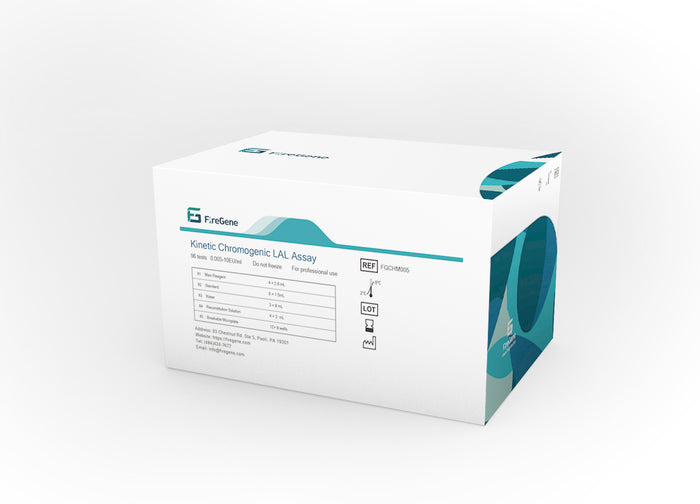Limulus Amebocyte Lysate Kinetic Chromogenic Assay

html
Limulus Amebocyte Lysate Kinetic Chromogenic Assay (LAL Kinetic Chromogenic Assay)
The Limulus Amebocyte Lysate Kinetic Chromogenic Assay (LAL Kinetic Chromogenic Assay) is a highly sensitive and quantitative method used to detect bacterial endotoxins in pharmaceutical products, medical devices, and other materials. This assay plays a critical role in ensuring the safety and quality of injectable drugs and implantable medical devices.
How the LAL Kinetic Chromogenic Assay Works
The assay is based on the clotting mechanism of Limulus polyphemus (horseshoe crab) blood. When endotoxins interact with the amebocyte lysate, a series of enzymatic reactions occur:
- Endotoxin activates Factor C in the lysate
- Activated Factor C then activates Factor B
- The proclotting enzyme is subsequently activated
- This leads to the cleavage of a synthetic chromogenic substrate
The rate of color development is directly proportional to the endotoxin concentration in the sample, allowing for quantitative measurement.
Advantages of the Kinetic Chromogenic Method
Compared to other LAL test methods, the kinetic chromogenic assay offers several benefits:
- High sensitivity – can detect very low levels of endotoxin (typically 0.005-5.0 EU/mL)
- Quantitative results – provides precise endotoxin concentration measurements
- Automation compatibility – easily adapted to automated systems
- Reduced interference – less affected by certain sample characteristics than gel-clot methods
Applications in Pharmaceutical Industry
The LAL Kinetic Chromogenic Assay is widely used for:
- Quality control testing of parenteral drugs
- Medical device testing
- Raw material screening
- Process water monitoring
- Stability testing of pharmaceutical products
Keyword: LAL Kinetic Chromogenic Assay
This method has become an essential tool for compliance with pharmacopeial requirements (USP, EP, JP) for endotoxin testing.
Considerations for Method Validation
When implementing the LAL Kinetic Chromogenic Assay, several factors must be considered:
- Sample preparation requirements
- Potential interfering factors
- Appropriate dilution schemes
- Validation of the test method for specific products
- Regular quality control testing
Proper validation ensures the reliability and accuracy of endotoxin test results, which is crucial for patient safety.